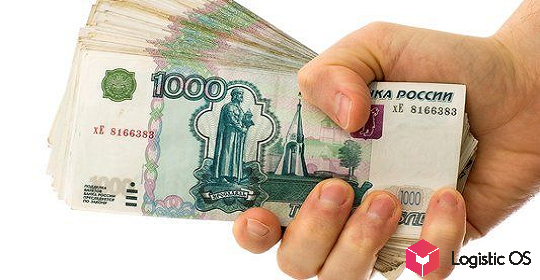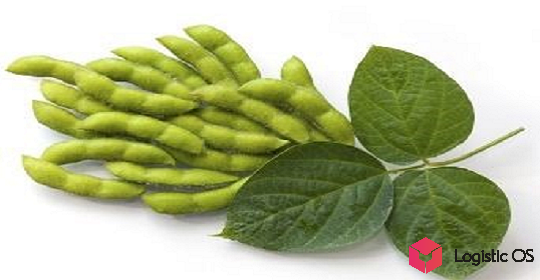Currently, Venezuela is increasing its wheat imports every year, which makes it a promising country for the export of Russian products.
Despite all efforts, Venezuela cannot yet fully ensure its food independence. The main grain crops consumed in this country are corn and rice.
At the same time, corn production in the last season was about 1.4 million tons, while consumption was at the level of 2.8 million tons. From this it becomes clear that this country is not yet able to do without importing this crop.
As for wheat production, it is not carried out at all in Venezuela, so this country is forced to purchase almost 100% of the wheat consumed abroad.
At the same time, Venezuela can be called a fairly large importer.
For example, during 2023, it purchased about 800 thousand tons of wheat. Of this volume, 54% of deliveries went to Canada, 22% to the United States, 13% to Brazil, and 12% to Russia.
It is noteworthy that in 2021 and 2022, there were no Russian wheat exports to Venezuela at all, and if compared with 2023, the volume of deliveries immediately increased by 3 times.
Therefore, we can confidently say that we are seeing quite strong growth dynamics. According to the latest data, during 2024, the Russian Federation has already supplied more than 275 thousand tons of wheat to Venezuela.
Based on this, experts see great potential for Venezuela to continue to be a major importer of Russian wheat.
This is becoming possible due to both the growth in consumption volumes on the part of this country and the replacement of Russian deliveries from other exporters, for example, Canada.
According to analysts, Russian wheat has a good price-quality ratio, so it is quite competitive in world markets.
In addition to wheat, Russia is increasing supplies to Venezuela of some other types of agricultural products.
For example, one of them is peas. Its shipments to this country began in 2021 and are currently at a level of about 10-20 thousand tons per year. As for this crop, exporters also see great potential for growth, although not as strong as that of wheat.
Interestingly, some political nuances may contribute to Russia’s success in the Venezuelan market.
For example, since 2017, Venezuela has not been a member of MERCOSUR, the common market of South American countries. Among other things, this means that products imported from Brazil and Argentina are not exempt from import duties.
Thus, these suppliers do not have advantages over Russia, which opens up additional opportunities for it.

